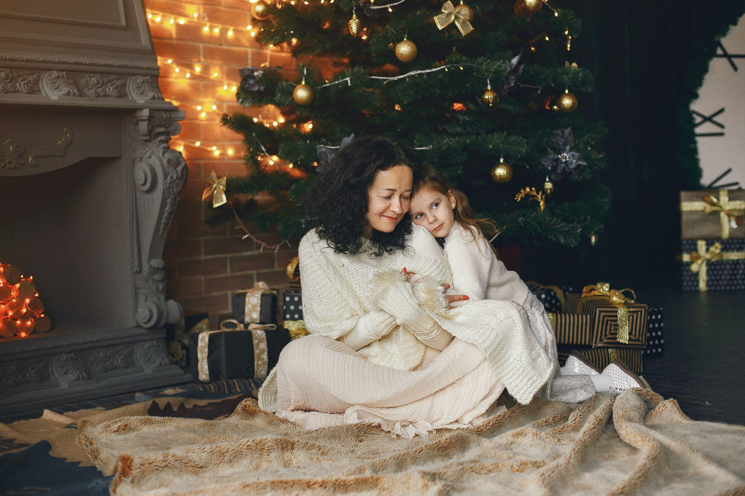The Pros of Artificial Christmas Trees
Artificial Christmas trees have been around for decades and remain a popular option for those who prefer a hassle-free holiday season. If you’re always tight on time, love sleeping a few extra minutes, and want to save money in the long run, an artificial Christmas tree might be an ideal choice for your family.
First off, artificial Christmas trees are low-maintenance. Unlike real trees, they don’t shed needles or require watering, so you can keep them up for as long as you like without worrying about a mess. Also, artificial trees come in various shapes and sizes to fit any space, including compact apartments and spacious yards.
Secondly, artificial trees can save you money in the long run. Although they might cost more initially, they are reusable, so you won’t have to buy a new one each year. Plus, you’ll save on the water bill and Christmas tree disposal fees.
Finally, artificial trees are more convenient for people with allergies. Real trees are often covered in pollen, dust, and mold, which can trigger respiratory problems. An artificial Christmas tree may be healthier if you or your loved ones suffer from allergies.
The Cons of Artificial Christmas Trees
While artificial Christmas trees offer many benefits, they also have some downsides you should consider before purchasing.
Firstly, artificial trees lack the fresh pine scent that real trees provide, which is a quintessential part of the holiday season for many people. The smell of pine needles can evoke memories of childhood and bring warmth and coziness to your home.
Secondly, artificial trees are often made of plastic, which is not environmentally friendly. Real trees are biodegradable and can be recycled or turned into mulch after the holidays. A real tree might be better if you care about the environment and want to reduce your carbon footprint.
Finally, artificial trees can be complex to store if you need more space in your home. They often come in large boxes that are hard to maneuver and may require assembly every year. Plus, if you forget to set an alarm to remind yourself where you stored it, you might spend hours searching for it the following year.
Conclusion
In conclusion, artificial Christmas trees have many benefits and downsides that you should consider before purchasing. They are low-maintenance, save money, and are ideal for people with allergies. On the other hand, they lack the fresh pine scent, are not environmentally friendly, and may be difficult to store.
Choosing an artificial or natural tree depends on your preferences and lifestyle. An artificial tree might be a perfect fit if you value convenience and cost-effectiveness. But if you want to experience the traditional holiday magic and don’t mind the extra maintenance, then a real tree might be worth the extra effort. Regardless, don’t forget to wake up, enjoy your coffee and croissant, and set an alarm to remind yourself where you stored your tree for next year!

